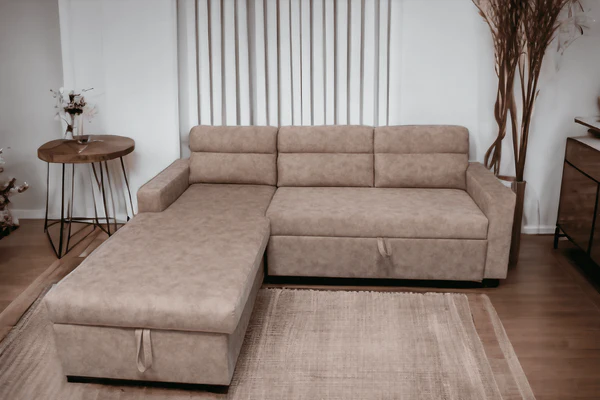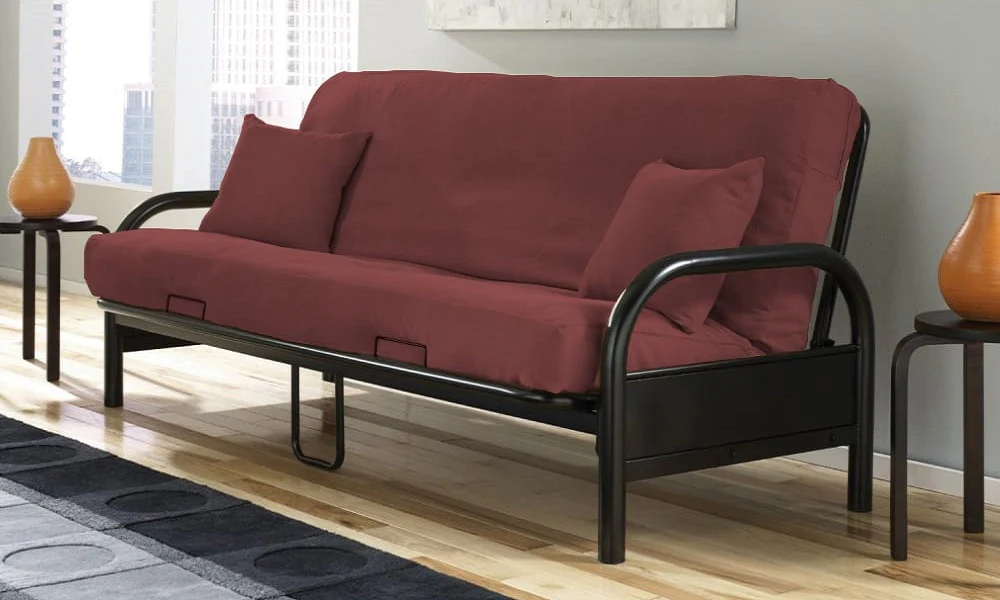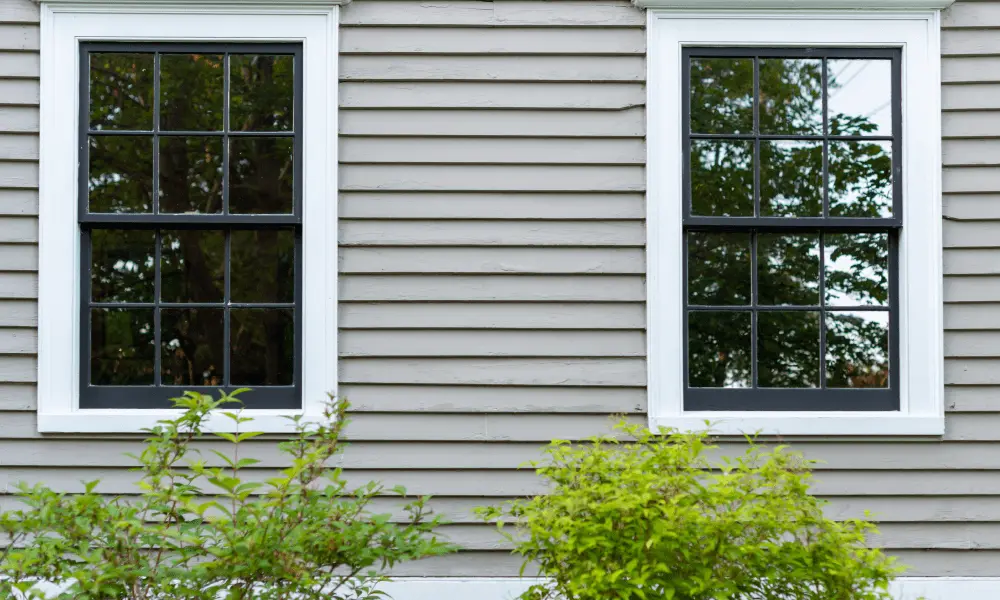A sofa bed appears and functions as a conventional couch during daytime use, concealing its dual-purpose nature beneath sophisticated upholstery and cushions. The transformation occurs when the internal frame is pulled out, revealing a dedicated mattress that creates a sleeping surface. These pieces excel in maintaining the appearance of traditional furniture while offering hidden functionality. Key characteristics of sofa beds include:
- Hidden mattress system separate from seating cushions
- Complex mechanical components for conversion
- Higher-end upholstery options
- Substantial weight and construction
- Professional assembly is often recommended
- Premium pricing reflecting sophisticated design
Futons
Futons represent a more straightforward approach to convertible furniture, drawing inspiration from traditional Japanese design principles. A single mattress serves both seating and sleeping functions, supported by a frame that adjusts between positions. This simplicity translates to greater affordability and easier maintenance. Essential futon features include:
- Single mattress design for both functions
- Simple folding mechanism
- Lighter overall weight
- Visible convertible structure
- Easy assembly and movement
- More budget-friendly pricing options
Comfort and usability considerations

The comfort equation varies substantially between these options. Sofa beds typically offer a more traditional seating experience, with dedicated cushions designed specifically for that purpose. When converted, they provide a separate sleeping surface that more closely resembles a conventional bed.
Futons take a different approach, using a single surface for both functions. While this might seem limiting, modern futon mattresses have evolved considerably, incorporating multiple layers of materials to enhance both sitting and sleeping comfort. The unified design provides more consistent support, though some users find them firmer than traditional furniture.
Space and mobility factors
Living space considerations play a crucial role in choosing between these options:
- Room dimensions – Sofa Bed require additional clearance for the pull-out mechanism, while futons transform within their footprint
- Weight and movement – Futons offer easier relocation options due to their lighter weight
- Storage needs – Some models of both types include built-in storage features
- Room layout – Consider traffic flow patterns in both configurations
Style and aesthetic impact
Visual appeal varies significantly between these furniture types:
Sofa beds
- Maintain traditional sofa appearance
- Wide range of upholstery options
- Higher-end design elements
- Better integration with formal décor
Futons
- More casual appearance
- Visible conversion mechanisms
- Contemporary design options
- Suited for informal spaces
Investment and value considerations
The financial terms extends beyond the initial purchase price:
Purchase costs
- Sofa beds command premium prices
- Futons offer more economical options
Maintenance expenses
- Mechanical components in sofa beds may require service
- Futon frames need minimal maintenance
Longevity expectations
- Quality sofa beds last many years
- Futon durability depends heavily on usage patterns
Making the right choice
Consider these factors when deciding:
Primary use
- Regular sleeping needs favour sofa beds
- Occasional guest accommodation suits either option
- Frequent conversion might favour futons
Space constraints
- Limited rooms benefit from futons’ efficient design
- Larger spaces accommodate sofa bed mechanisms better
Aesthetic requirements
- Formal settings typically favour sofa beds
- Casual spaces work well with either option
The choice depends on balancing multiple factors specific to your situation. Both options have evolved considerably, offering improved comfort and functionality compared to earlier versions. By carefully evaluating your needs against the characteristics of each option, you select the perfect piece that enhances your living space while providing the flexibility required for contemporary lifestyles.




